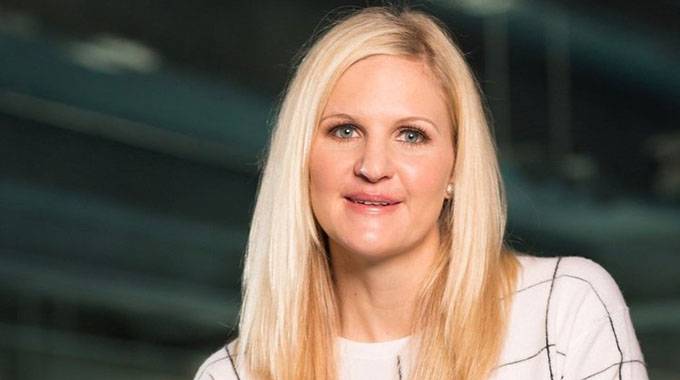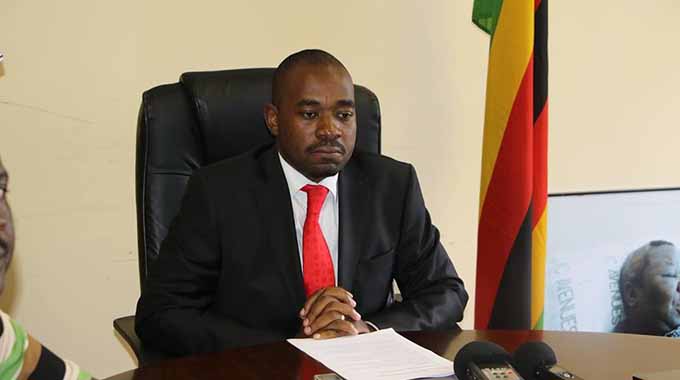Chance for a youth-owned conversation

Leroy Dzenga Features Writer
President Mnangagwa made a clarion call a few weeks ago when he challenged the youth to contribute to the country’s growth. In his eulogy at the burial of national hero Professor Callistus Ndlovu, President Mnangagwa emphasised the need to incorporate youthful reasoning into the national development narrative.
“Youthful ingenuity, creativity and innovation must be harnessed to drive our desire to leapfrog the country’s industrialisation and modernisation agenda,” he said.
“We are in a defining phase in our country’s economic history; hence, I call upon students throughout our institutions of higher learning not to be spectators in our country’s development epoch,” said President Mnangagwa.
It is dialogue season in Zimbabwe, the nation has finally realised that conversations will always be central to any effort that may lead to the attainment of its collective aspirations.
On the political front, there is movement and many are hoping that engagement at that level will define the future trajectory of Zimbabwean politics where political parties understand that there is more to national participation than elections.
As we wait for hard ground, but necessary answers, there is a separate question which needs a response from a different demographic altogether. What is the Zimbabwean dream?
The answer to the long unanswered question lies in the youth of today.
A dream in this context is an expected future ideal and it cannot be defined in the absence of 77 percent of the country’s population who are below the age of 35. So, as politics happens on one end, there was need to get young people of various beliefs, dispositions into a single space and talk.
Ideas from different sources being projected and weighed at a national platform
Thankfully, the Ministry of Youth, Sport, Arts and Recreation identified the need for a wide-ranging conversation and are acting upon it. They are in the process of organising a National Youth indaba slated for March 14.
Unlike previous scenarios where events were enunciated from a central point, the indaba will be including youths from different demographics in the planning process.
Minister of Youth Kirsty Coventry called for people to nominate young people they felt would add value if included in the team bring together the event, which will be the first of a yearly cycle.
“Zimbabwe will have a National Youth Indaba which will be an important platform for us Youth to work together in taking Zimbabwe forward. Youths are our future leaders so this annual event will be created in collaboration with our youth, for our youth,” wrote Minister Coventry on Twitter.
This if executed properly should translate in an enhanced sense of ownership in the event and its processes as the intended audience was involved in putting the puzzle together.
There are expectations that the indaba will this time not give precedence to prominent young people who already have platforms in their own spheres of influence, but to the ordinary dreamer who on a normal day would struggle to meet with policy makers.
It should also be an opportunity for the organisers to bring forward high rising young people who have managed to break barriers so as to inspire the many who will be gathered.
The event, should be backed by a genuine intent to listen to the problems being faced by the youth in the country.
Issues like unemployment, drug abuse, the increasing cost of living should naturally take centre stage as they easily come to mind if one thinks of topical problems youths have complained about at different forums.
After listening, quantifiable change should be visible in the areas raised so as to justify the convening. Additionally, young people are active within politics as foot soldiers and this is a chance for them to prove their worth in a different space altogether.
We must begin to witness a break from the past in youth political involvement and this is a chance to detoxify our polarised environment where youths play a key role.
The platform is being readied, the onus is on the youths to bring lucid presentations to the table.
They must not waste a platform by bringing generic conversations, there is need for young economists, engineers, doctors, writers and others to bring the issues to the attention of the national leadership.
This is the chance to begin the journey into a real generational consensus where there is a singular voice on what young people expect from the country they call home.
A chance for young people to define what they truly feel in the absence of political pressure or influence, where Zimbabwe will be the point of confluence. Africa is the youngest continent on the planet and Governments have begun listening to their respective social pulses, the youth.
South Sudan in August 2018 held their first ever National Youth Conference and Zimbabwe is following suit.
Maybe in future, a continental event following a similar template could help solve some of Africa’s headaches.
But for now as they say, charity begins at home.
Feedback: [email protected].










Comments